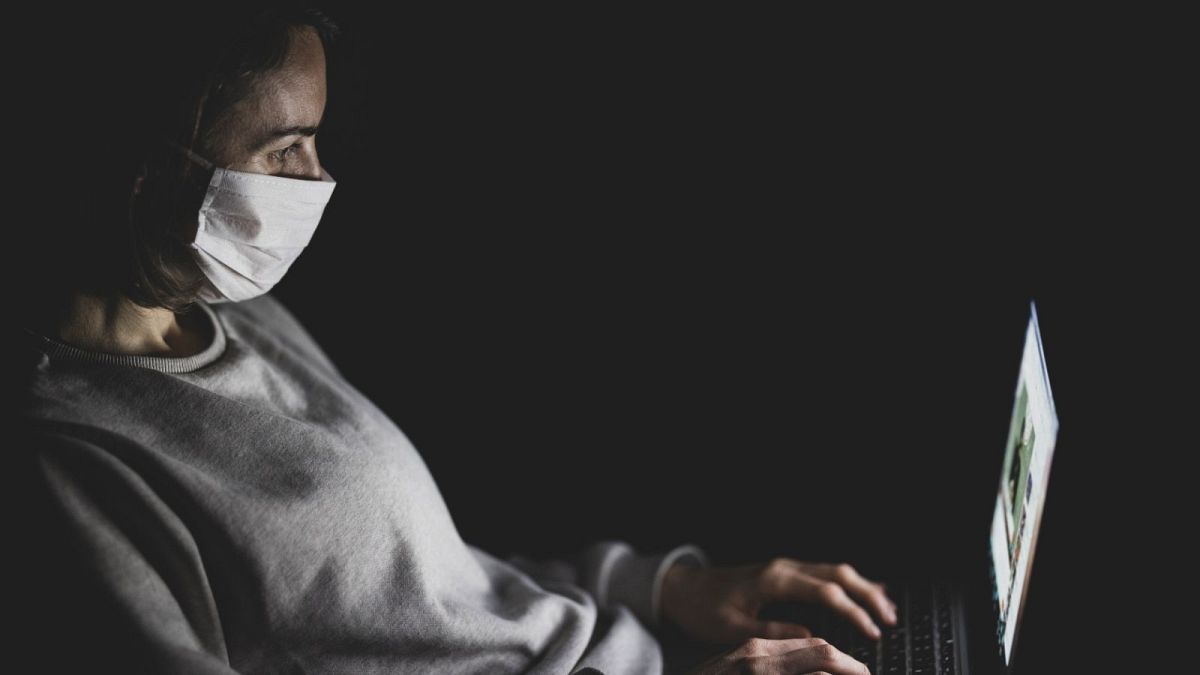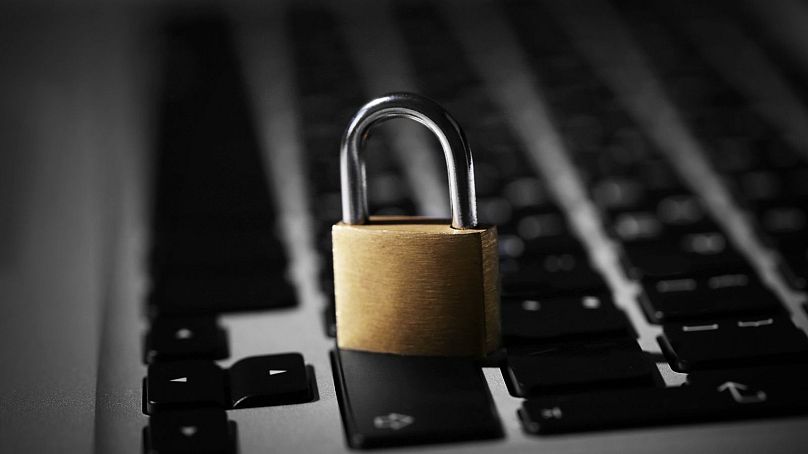Due to lockdowns, psychotherapists have had to quickly adapt to virtual appointments, which like any developing technology has a set of issues.
Successive lockdowns, working remotely and employment insecurity, the coronavirus pandemic has sparked a global mental health crisis.
A survey of thousands of therapists by the European Association for Psychotherapy found that since lockdown people are presenting more feelings of loneliness, anxiety and depression as well as relationship difficulties.
More concerning is an increase in suicidal ideation, whereby people think about ending their lives to escape lockdown.
The effects of the pandemic have caused an increasing demand for psychotherapists.
“Although Psychotherapists are not frontline staff working in the hospitals fighting and battling with Covid each day, they have been saving lives each day in a less visible way through helping people and giving psychotherapy to those who are feeling depressed and suicidal,” said Patricia Hunt, president of the European Association for Psychotherapy.
More convenient, comfortable and cheaper care
Due to lockdowns, psychotherapists have had to quickly adapt to virtual appointments, which like any developing technology has a set of issues, such as security, but advantages in digital health services have been found in the process.
"Some of the benefits of offering online psychotherapy during lockdown are that it seems to have reduced the stigma of receiving therapy. Some clients reported that they felt safer to receive psychotherapy in their own home," Hunt told Euronews.
Dr Joe Kibble, a clinical psychologist who works at a children’s hospital in London also saw this in his patients. He said for teenagers, virtual sessions can be more comfortable as they are used to speaking over video.
"The setting of a home can be a lot more comfortable than coming to the hospital where they might have had a lot of procedures and it is not always a happy place for them," he told Euronews.
But he admits that telemedicine appointments can be more challenging for his much younger patients, who can be as young as four years' old.
Getting creative
"It's not impossible, but their attention span is not as developed as older children," Dr Kibble said.
His methods for engaging younger patients include shorter sessions, online games and getting creative.
"I've got a couple of jazzy kind fun toys that I use. I've got I've got a 'Hungry Hungry Caterpillar' and a toy called a ‘Worry Monster'".
Virtual appointments can also be cheaper and are more convenient as they take away the travel time to a therapist’s office. They are also more accessible to areas where there is an undersupply of health services.
"These e-health or telehealth approaches have a rather low threshold and sort of easy to disseminate so they might reach a lot of people," said Gunter Schumann, a professor of population neuroscience and member of the Human Brain Project.
While a study published in the Journal of Affective Disorders from 2014 found that online treatment was just as effective as face-to-face appointments for depression, one concern is the relationship between client and patient is not as personal.
Therapists cannot pick up on body language as easily as seeing a patient in person and to some degree, the compassion a patient seeks may not be as well communicated.
"One of the things I find that is really important in psychotherapy is the empathy and I may not get that from an online appointment," said Schumann.
Security breaches
As we share our most personal information and traumas via digital means security is another concern.
In Finland last year, treatment records of tens of thousands of psychotherapy patients were hacked and they were blackmailed with a demand of €200 in bitcoin to prevent their confidential discussions from being made public.
Some of the records were leaked in the hack that targeted the private company Vastaamo, which runs 25 therapy centres in Finland.
“It was a wake-up call for the whole business,” said Allireza Ghahremani, CEO of Swedish mental health startup Ahum, which launched in 2015 and matches patients with therapists, who carry out online and face to face sessions.
He said while the industry is looking into how to make sessions more secure, there are still no guarantees.
"I think no platform is 100 per cent secure but it's important for all these kinds of companies to take measures," he told Euronews.
Ghahremani’s advice to Ahum’s therapist network is to use peer-to-peer platforms that delete the sessions instantly and do not leave recordings, which are easier to hack.
'Avalanche of mental health difficulties'
Investment in mental health technologies has skyrocketed in recent years. According to a report by Octopus Ventures, investment in mental health reached €681 million in 2019, an almost five-fold increase since 2014.
With the capital going into digital mental health technologies, there are also improvements in how they work and messaging services with therapists are also developing.
Ahum’s digital service started providing this after the company found that the average adult will most likely need to talk to their therapist at 20:00 and not during normal office hours.
But while digital therapy is more convenient there are still teething problems.
"We still have a way to go in that a lot of people who are practising online therapy and digital health aren't trained specifically in that format, which is probably one of the biggest problems," said Clemency Jacques, research and development director at ACTO, a UK association for therapists working online.
And just as the effects of the coronavirus pandemic on mental health will stay with us even after life goes back to normal, so will virtual appointments.
"Digital therapy is here to stay. I suspect that at least 50 per cent of appointments will continue being remote for quite some time," said Jacques adding, face-to-face and virtual therapy will become even more important.
"There is going to be an avalanche of mental health difficulties, that's undeniable after this year," she said.






